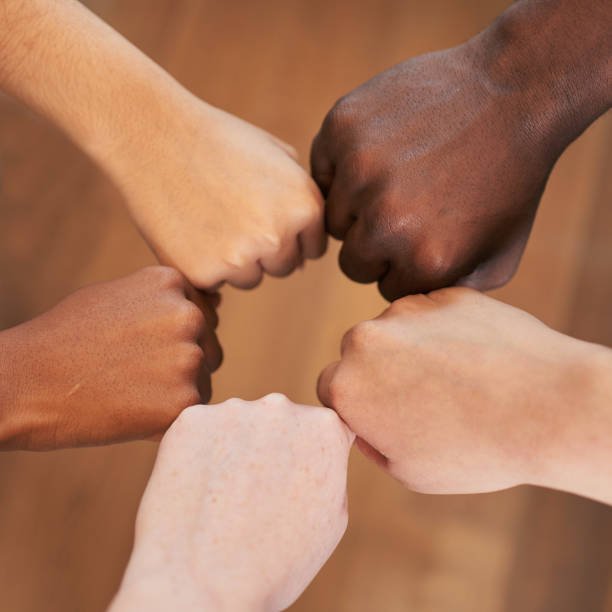
The Big Contradiction: Do People Really Not Care About Colour ?
Society often tries to show that it is fair and treats everyone equally, but there are many signs that this isn’t completely true. In many places around the world, fair skin is still seen as more attractive or better. This idea isn’t just something from the past; it still affects how people behave and make decisions today.
For example, in movies and TV shows, fair-skinned people are often given the main roles, while people with darker skin are given smaller parts or roles that aren’t as important. This keeps the idea going that fair skin is better, even if people say it’s not.
Real-Life Incident: George Story
George is a smart and hardworking person from Ghana who works in a MNC in Europe has experienced this bias first-hand. Despite his hard work and skills, he was passed over for a promotion at his job. While no one directly told him why, it was clear from the way people acted and the things they said — his darker skin tone made him seem less “fit” for the job, especially one that involved representing the company.
George’s story is not just his own; many others experience the same thing. It shows that even though people say color doesn’t matter, it often does in the real world, affecting their chances and how others see them.
Real-Life Incident: Neelam’s Story
Neelam from India her life tells a similar story. From when she was young, people often judged her because of her darker skin. When it came to finding a husband through arranged marriage, she was often rejected in favor of women with lighter skin, even though she was well-educated, talented, and kind. This bias also followed her into her workplace, where she noticed that her work was judged more harshly, and her successes were less appreciated compared to her fair-skinned colleagues.
Neelam’s story is another example of how people’s bias about skin color can affect someone’s personal life and career. It shows that the unfair treatment of people with darker skin is still a big problem
The Double Standards of Society
These examples show the double standards in our society. On the one hand, people talk about fairness and equality, but on the other hand, they still treat people differently based on their skin color. This double standard is harmful because it tricks people into thinking that everything is fair when it isn’t.
The idea that color doesn’t matter is often just talk. While more people are becoming aware of this problem and trying to be more inclusive, deep down, many still hold onto old, unfair ideas. This difference between what people say and what they do shows that society still has a long way to go.
Time to Think and Change
As we think about whether society is really getting to a place where color doesn’t matter, we need to be honest about these problems and work to fix them. Are we really getting better, or are we just saying what sounds good ?
To really stop this bias, we need to do more than just talk. We need to:
Learn and Teach: Help people understand the harm of judging others based on colour by teaching about it in schools and showing it in media.
Change Rules and Actions: Make sure there are rules in places like schools and workplaces that promote fairness, no matter what colour someone’s skin is.
Look at Ourselves: Encourage everyone to think about their own biases and work to change them.
In the end, even though many people like to believe that colour doesn’t matter, the truth is different. If we want to make real progress, we need to stop just talking about equality and start really making changes. This means judging people by who they are, not by the colour of their skin.
